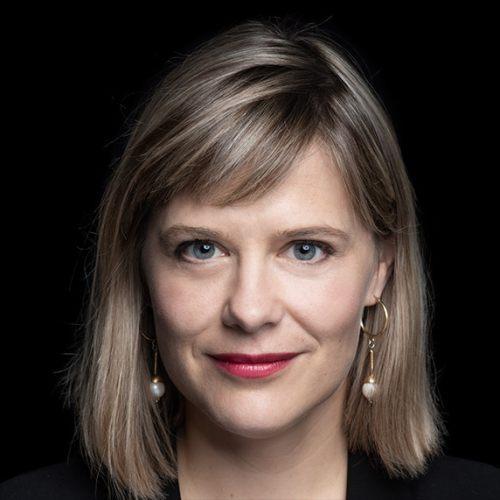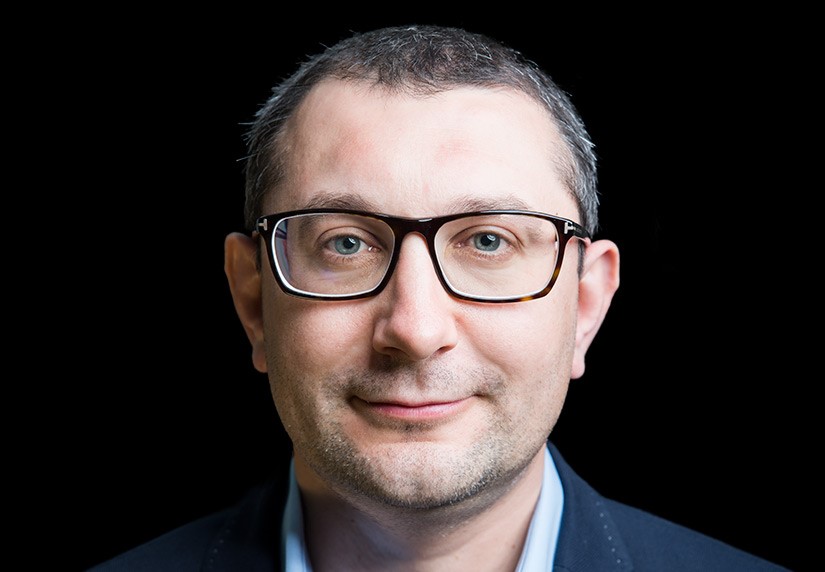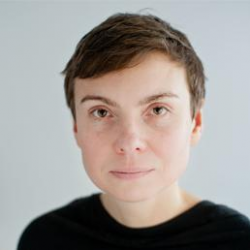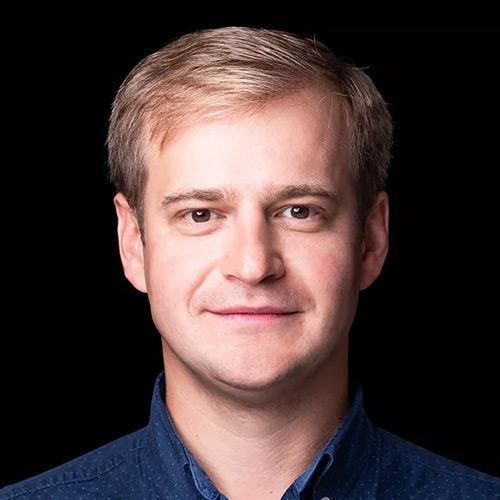Grants for SWPS University researchers
Dr. Dominika Blachnicka-Ciacek, Prof. Mikołaj Cześnik and Prof. Igor Lyubashenko from SWPS University's Institute of Social Sciences and Dr. Magdalena Formanowicz from the Institute of Psychology have been awarded research grants worth over PLN 4M (close to EUR 1.2M) in the OPUS-23 competition organized by the National Science Centre.
Engagement from afar. A multi-sited ethnography of the Ukrainian diaspora's responses to war
Grant amount: PLN 1,695,000 (close to EUR 362K)
Dr. Dominika Blachnicka-Ciacek will explore how the February 2022 Russian invasion on Ukraine has impacted the Ukrainian diaspora in Poland, Israel, and the United States. She aims to use innovative research techniques to analyze people's reactions to the war, taking into account various forms of civic engagement — from symbolic flag-flying, through material support, to volunteering to fight for their homeland. Project participants will include first- and second-generation migrants.

Dominika Blachnicka-Ciacek
Ph.D.
Is a visual sociologist interested in relationships between people, spaces, and memory in migration and forced migration contexts, with a regional focus on migrants and refugees in the Middle East and Europe. Her research to date has been focused on understanding the ways in which migration is being felt, sensed, and represented and how forms of life are shaped and reshaped through the practice of mobility. She also studies affect, memory, and migration. Through empirical depth and conceptual innovation, her research examines how (forced) mobility informs memories and affective connections with ancestral homelands, as well as processes of settlement and resettlement.
Polish National Election Study (PNES) 2023
PNES is a post-election survey conducted systematically since the mid-1990s on a representative sample of adult Polish citizens. It aims to scientifically record and analyze the process and the results of parliamentary elections in Poland. The research project, which will be carried out by Prof. Mikołaj Cześnik in 2023, will continue the tradition of PNES longitudinal surveys. In addition, it will also include several new questions arising from theoretical innovations and new developments in empirical research. The experimental part of the survey will allow the researchers to explore the links between socio-demographic characteristics, political preferences, and elections that cannot be properly investigated in other ways.

Mikołaj Cześnik
Ph.D. / Associate Professor
Is a sociologist and political scientist. He is the Director of SWPS University's Institute of Social Sciences. He researches aspects of public opinion and citizen voting preferences. He specializes in the analysis of political systems, especially democracy, and frequently comments on political issues in the media. He is also a member of the Polish National Election Study, which aims to systematically and scientifically record and analyze the process and the results of parliamentary elections in Poland.
The role of agency and morality in dehumanization — an integrative perspective
Dr. Magdalena Formanowicz, in collaboration with partners from Israel, Spain, and the UK, will investigate the causes of dehumanization. The researchers will carry out a literature review, will analyze digital newspapers and Twitter data and will conduct experimental studies in several countries to determine whether positions of certain groups in society (privileged or underprivileged) contribute to their dehumanization. In addition, the scholars will verify whether increasing the agency of underprivileged groups would reduce their dehumanization.

Magdalena Formanowicz
Ph.D. / Assistant Professor
Is a psychologist. She researches linguistic markers of psychological and social phenomena, with a focus on agency. She also studies agency in intergroup relations and meta-concepts about prejudice. She is experienced in textual analysis of large data sets and conducting psycholinguistic and social experiments investigating the role of language in psychological processes.
Consistency or space for experimentation? Analysis of Poland's policy response to the migration crisis caused by the escalation of Russian aggression against Ukraine
In this project, Prof. Igor Lyubashenko aims to analyze a policy of the Polish government which was developed in response to the migration crisis caused by the Russian invasion on Ukraine in 2022. He will also compare measures introduced by local authorities in 12 metropolitan cities (Białystok, Bydgoszcz, Gdańsk, Katowice, Cracow, Lublin, Łódź, Poznań, Rzeszów, Szczecin, Warsaw, and Wrocław). The project will help to better understand the significance of consistency in public policies designed to address pressing social issues.

Igor Lyubashenko
Ph.D. / Associate Professor
Is a political scientist. His professional interests include political development and transition, approaches of societies to reconciliation with the history of large-scale conflicts and violence, and methodology of qualitative research in social sciences, in particular qualitative comparative analysis (QCA), process-tracing, and complexity-informed research.
About the OPUS funding scheme
OPUS is a funding opportunity addressed to a wide range of applicants, regardless of their specialization, stage of scientific career, and experience. The projects are evaluated in terms of scientific quality and the innovative nature of the research project, assessment of project feasibility, assessment of the track record of the principal investigator, and the projects' impact on the development of a given scientific discipline.
This year, 1,983 applications were submitted for the OPUS competition, of which 266 received funding for a total of over PLN 401,5M (close to EUR 86M). The majority of projects, as many as 103, will be implemented by researchers representing physical sciences and engineering. Funding was also awarded to 89 projects from the life sciences category and 74 from the art, humanities, and social sciences category.
Review the list of awarded projects